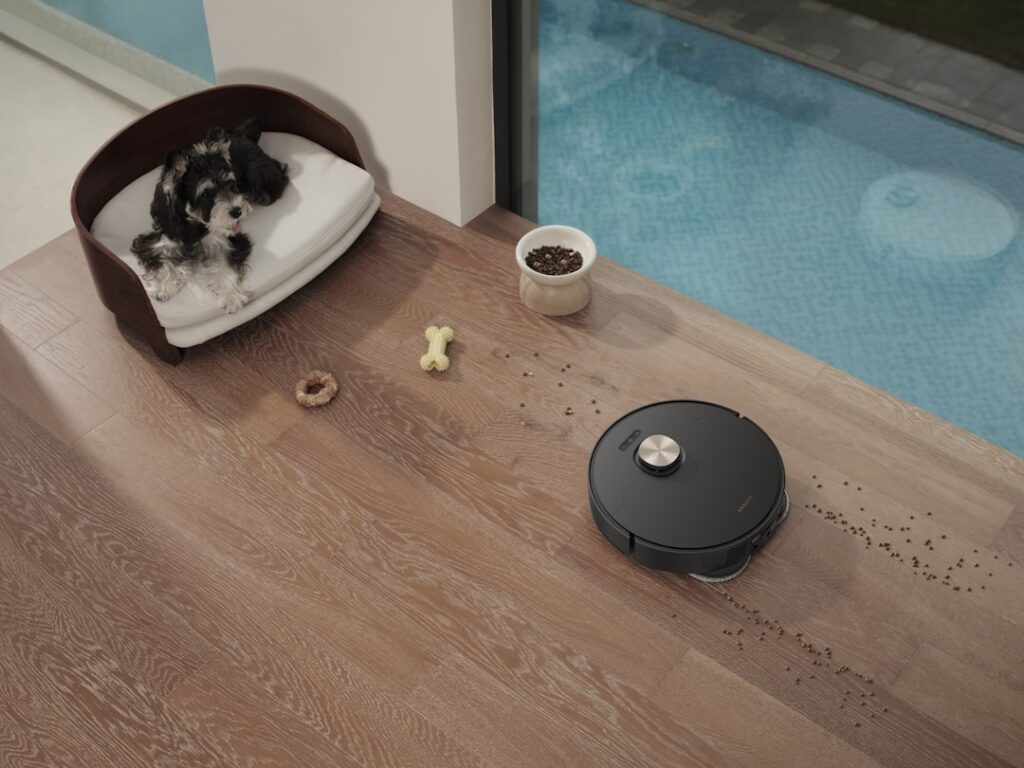Smart Home Integration: Exploring Innovative Home Automation Solutions
In today’s fast-paced world, home automation solutions offer an unparalleled convenience that enhances our everyday lives. Smart home integration enables homeowners to control various aspects of their living spaces from a centralized platform, creating a seamlessly connected environment. With the proliferation of IoT devices, integrating these technologies is no longer a luxury, but a practical necessity for many.
Understanding Home Automation Solutions
Home automation solutions encompass a range of technologies and applications designed to automate tasks within the home. This can include lighting control, heating and cooling systems, security and surveillance, and even smart appliances. Each solution typically connects to a central hub or application, allowing users to manage their home from anywhere.
Key Components of Smart Home Integration
- Smart Hubs: These devices serve as the brain of your smart home, connecting various components to streamline control.
- Smart Lighting: Automatically adjusting lights based on your routine or presence can significantly reduce energy consumption.
- Smart Thermostats: These devices learn your preferences, optimizing heating and cooling to save energy and enhance comfort.
- Home Security Systems: Modern solutions provide real-time monitoring, alerts, and automation, ensuring your home is always secure.
- Smart Appliances: From refrigerators to washing machines, these devices offer greater efficiency and convenience.
The Benefits of Smart Home Integration
Implementing home automation solutions brings a myriad of benefits, making them increasingly appealing to homeowners. Here are some major advantages:
Increased Convenience
Smart home integration allows users to control all their devices through a single app or voice command. Imagine adjusting the thermostat or locking your doors while you’re still on your way home.
Enhanced Security
With advanced security features like motion detection, real-time alerts, and remote monitoring, smart home solutions offer peace of mind while you’re away. You can check camera feeds, receive notifications, and engage with deliveries—all from your smartphone.
Energy Efficiency
Home automation solutions are designed with energy conservation in mind. By optimizing lighting and HVAC systems, these technologies help lower utility bills and minimize your carbon footprint.
Challenges in Smart Home Integration
Despite the many advantages of home automation solutions, there are some challenges to consider.
Compatibility Issues
Many devices and systems may not easily integrate with each other, leading to potential blind spots in your automation efforts. It’s essential to select products compatible with your chosen hub.
Security Concerns
As with any internet-connected devices, smart home systems can be vulnerable to hacking. It’s crucial to implement robust security measures, including strong passwords and regular firmware updates.
Future Trends in Home Automation Solutions
Looking ahead, several trends are shaping the future of smart home integration.
AI and Machine Learning
AI-driven technologies will continue to enhance home automation solutions by improving personalization and predictive capabilities, making homes smarter over time.
Voice Control and Natural Language Processing
The increase in smart assistants like Alexa and Google Assistant is making voice control a staple in smart homes. As these technologies evolve, managing your home will become even easier.
Greater Focus on Interoperability
Industry leaders are recognizing the importance of compatibility among devices, leading to more standardized protocols for seamless integration and automation.
Conclusion
Smart home integration through innovative home automation solutions is transforming the way we interact with our living environments. By embracing these technologies, homeowners can enjoy unparalleled convenience, security, and energy efficiency. While challenges exist, the benefits far outweigh them, especially as technology continues to evolve. Embracing smart home technologies today may pave the way for a more integrated, efficient, and secure living experience in the future.
Benefits of Home Automation Solutions
Investing in home automation solutions comes with a myriad of benefits that enhance not just convenience but also security and energy efficiency. One of the most significant advantages is the ability to control your home from virtually anywhere. Whether you’re at work or on vacation, you can monitor and adjust your home’s systems through your smartphone or tablet. This level of control offers peace of mind, knowing that your home is secure, even when you are away.
Enhanced Security Features
With smart home devices like security cameras, motion detectors, and smart locks, home automation solutions provide an additional layer of security. These devices can alert you to unusual activity, enabling you to respond quickly to potential threats. Many systems also offer features like video recording and live feeds, so you can keep an eye on your property anytime, anywhere. Moreover, home automation can integrate with alarm systems to ensure comprehensive protection for your family and belongings.
Improving Energy Efficiency
Another compelling reason to consider home automation solutions is their capacity to improve energy efficiency. Smart thermostats learn your habits and adjust heating and cooling accordingly, which can lead to significant savings on energy bills. Additionally, integrated lighting systems allow you to control when and how lights are used, ensuring energy isn’t wasted. By optimizing the use of energy in your home, smart solutions not only contribute to a greener planet but also often deliver a return on investment through reduced utility costs.
Customizable Automation Routines
Home automation solutions also allow for customizable routines to fit your lifestyle. You can program specific actions to occur at certain times or when triggered by particular events. For instance, you could set your blinds to automatically close during the hottest part of the day to reduce your cooling costs or have your lights gradually brighten in the morning to simulate a natural sunrise. This level of personalization makes home automation an attractive choice for those looking to streamline their domestic lives while enhancing comfort and efficiency.


